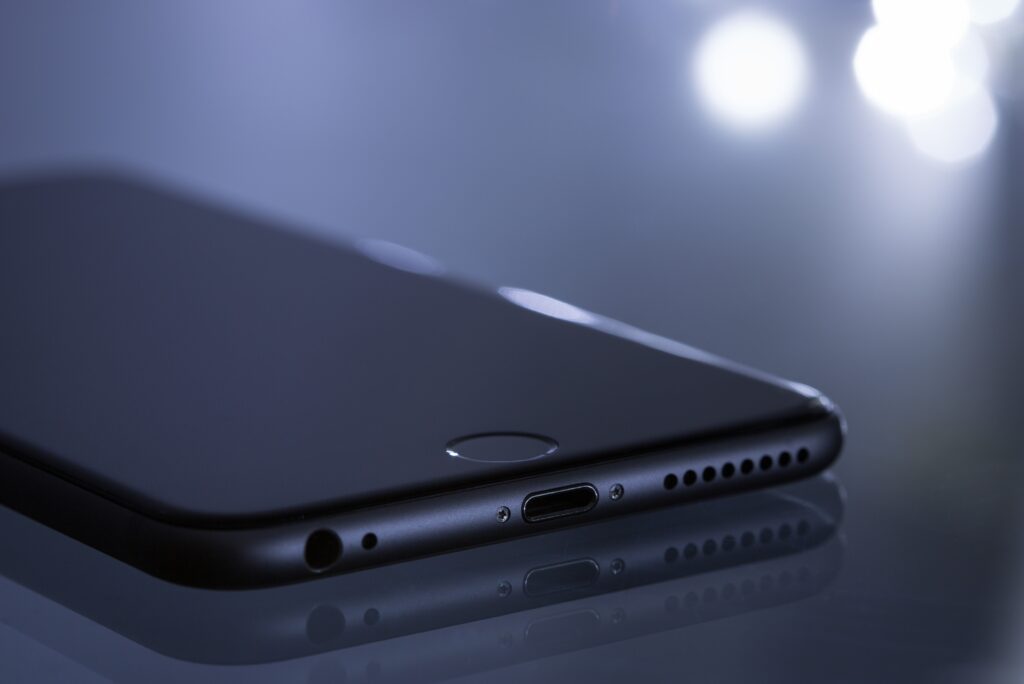And if we have to live with them, how might we make them better?

“After the 7th day of Creation, the world had all the pre-conditions for the iPhone,” a friend recently asserted to me on our Zoom call. Whether you’re a seven-day creationist or a big bang theorist, his point still stands. Smartphones are made from 60+ periodic elements, but those elements existed long before Steve Jobs organized them together. If all the pre-conditions existed by Day 7, why wasn’t the iPhone invented on Day 8? What was still missing?
After our call, I thought about it more and came up with two things: the first is human knowledge, and the second is death. Let’s start with human knowledge.
While the natural pre-conditions were all in place, human knowledge and communication needed thousands or millions of years to develop the sophisticated techniques required to invent a smartphone—not only the systems to manufacture the object itself, but the telecommunications grid necessary to make that little glowing screen actually useful. Moreover, to understand and coordinate those complex systems, humans had to collect all the research necessary. Not only that, they needed political structures strong enough to enable cooperation among these global systems. This requires books and educational institutions, governments and corporations. All to create this tiny, pocket-sized object. All of this was still missing on Day 8. It may have had the periodic elements, but we still needed to develop an advanced human culture.
Besides human knowledge and cooperation, the other necessary factor was death, or more specifically plastic. Here’s what I mean. The plastics involved in manufacturing required that we first learn to extract crude oil from the earth and refine it into polyurethane and other kinds of plastics. Crude oil is derived from carbon-based lifeforms—plants and animals—so any kind of plastic requires the death of living things, and a lot of them. That would have taken time, no matter which origin you believe in. Without death, there is no power to charge our batteries, light up our screens, and encase our phones. Even if we had found a substitute, the smartphones we know and love (and sometimes hate) need both human knowledge and death. Without either one, we lack a necessary cause for today’s smartphone.
Laying this groundwork is crucial to determining the fate of smartphones. Smartphones are deeply intertwined with the life (and death) of creation. They are completely dependent on the creativity of its creatures. Without life, death, and human culture, smartphones don’t exist. Our fate determines their fate. And there is yet another link in this chain.
The fate of creation is tied into the fate of Jesus. And Jesus’ story doesn’t end with death but continues with resurrection. Could the same future await creation? Jesus is, after all, the firstborn of all creation. His body may be the prototype for what is to come, not only for humanity but for all creation.
Read the rest at FaithTech Institute.